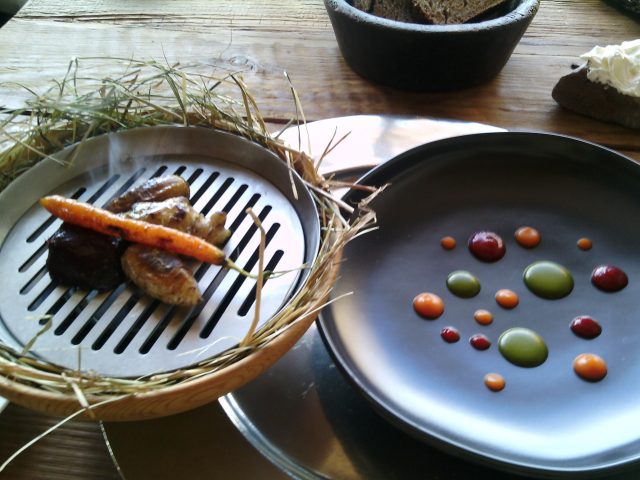Taste and knowledge
What if I were to tell you that the palate, in the sense of one’s personal or our own esthetic ideal of taste, does not exist? Or at least does not exist the way we think it does? For sure you would rebuff by citing a slew of arguments that have more to do with philosophical aspects than the exercise of sensorial analysis pure and simple. The palate is only a tool, like a screwdriver is to a mechanic, one that you have to use in order to make taste something more than just a simple classification of sensations.
The opening chapter of Hegel’s Phenomenology of the Spirit, an extremely difficult book, deals exactly with this. Hegel more or less maintains that sensorial certainty, an awareness that derives from only the senses, makes things seem richer than they really are. This because if we are only dealing with a data base of sensations then everything will be equal or the same. Everything would have the same value and remain a list without any value in terms of understanding. What is needed is a mind that can determine values, give a sense to differences and seek out what is more or less important, what is more or less preferable. But the mind, intelligence, is not immediately sensorial. It is based on one’s own knowledge, gained from experience or theory. Thus the palate, mine as well as all of yours, is not that important. All it needs to do is work well, the rest is determined by other factors.
In evaluating wines, it is important to be able to classify and evaluate them according to the type of wine. A Barolo or a Passito di Pantelleria must be judged using different parameters, to put it simply. But since all things are relative, it goes far beyond this. Differences can derive from the vintage or the exposure of a vineyard even in the same growing area. The palate must be trained to differentiate all this, to become an instrument to determine whether or not a wine has organoleptic congruency, whether or not it has the characteristics one expects. And if one does not have precise experimental, scientific and cultural knowledge, then the palate is wasted.

 Italiano
Italiano







